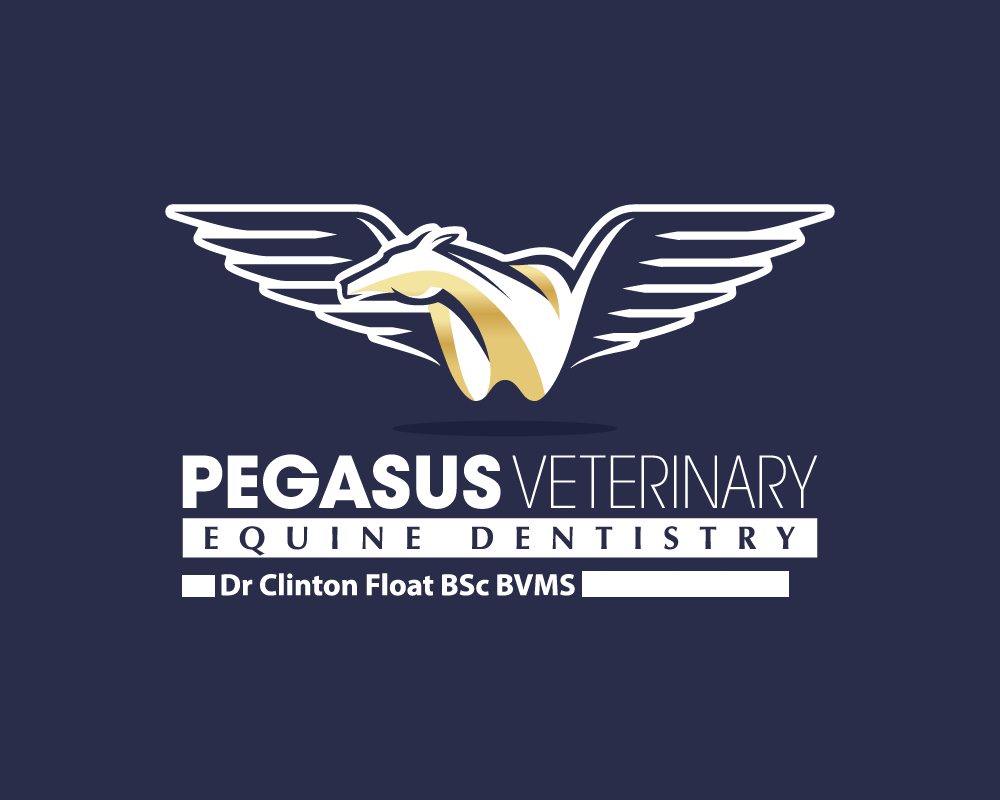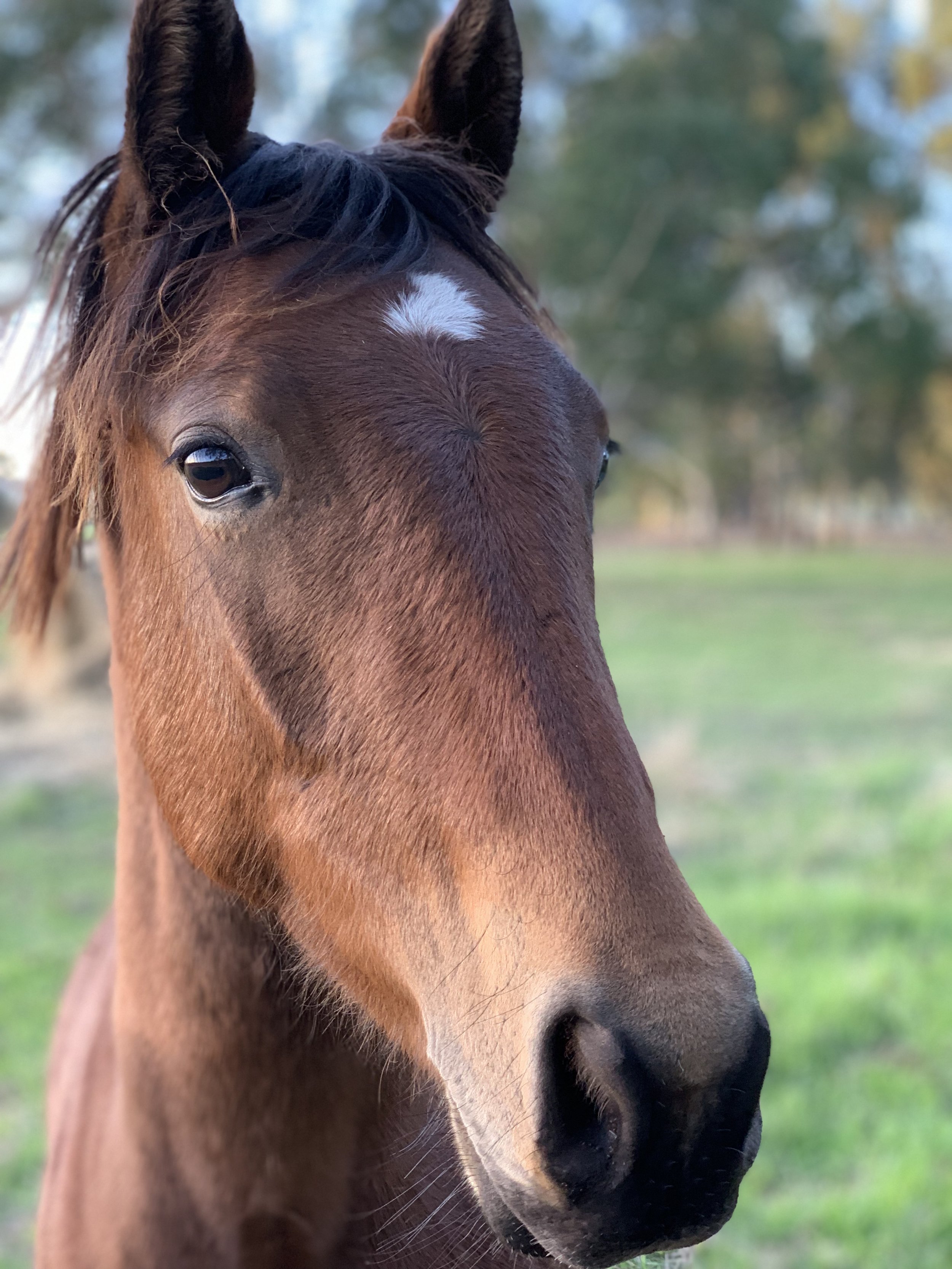Why do we Perform Dentistry on our Horses?
What Happens to Horses in the Wild?
We perform dentistry on our horses for several reasons; to allow efficient and pain free chewing of feed; to allow for pain free contact on the bit; to identify and correct dental disease; for prevention of colic in older animals.
In order for the hind gut to efficiently digest feed, the length of fibre the horse is swallowing needs to be reduced down to around 1cm. This allows for efficient digestion by bacteria in the hind gut. You can monitor the chewing efficiency of your own horses by looking at their dung and measuring the length of fibre within it.
So what about wild horses? When we examine the bodies of deceased wild horses we make several interesting findings. Firstly, they are not living as long as our pleasure horses. Secondly, they often have multiple areas of dental disease. Finally, they have often died of colic. So while a wild horse can exist happily for a period of time without dental care, poor dental health can be linked to their shorter life span (as it can in humans, cats and dogs too). We must also consider that wild horses are not carrying the weight of a rider and are not being fitted with bits and bridles. Ridden work and the use of bits and bridles create pressure on the face, poll and mouth that can then exacerbate dental pain.
A study undertaken by a large surgical hospital in Newmarket in the UK found that between 60-70% of surgical impaction colics admitted to the hospital were the result of bad dentition. Separate studies have found that 70% of horses under 12 years of age will have dental disease that is not outwardly obvious. This increases to 90% of horses above 12 years of age.

